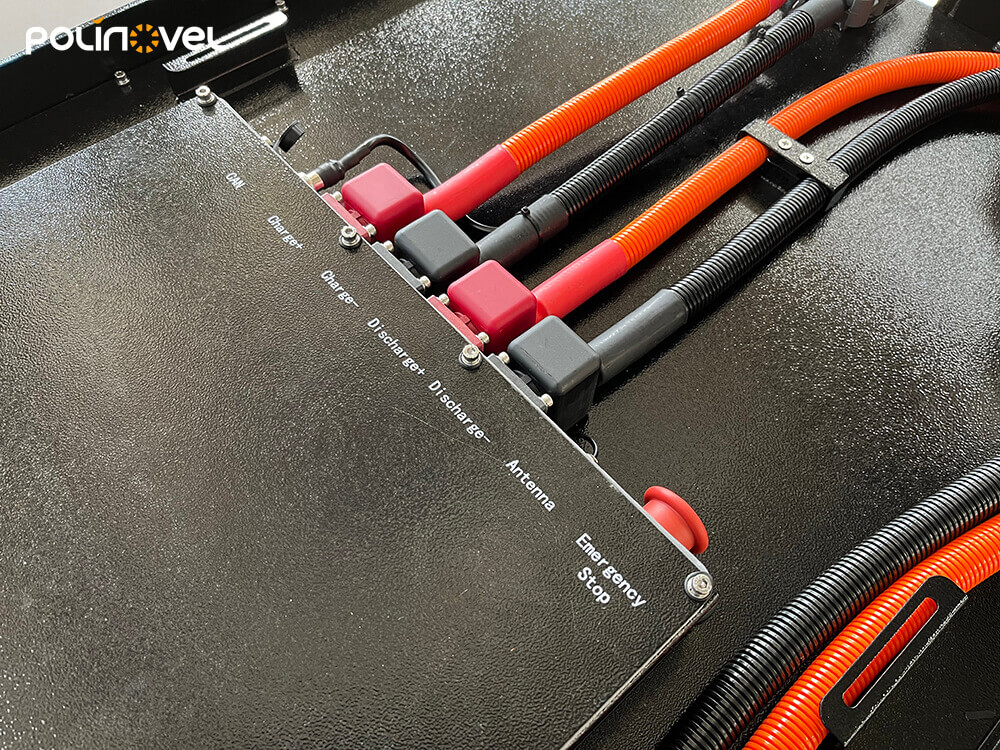Selecting a pallet jack battery can be a complex process, involving various factors such as battery type, size, charging speed, cycle life, and more. Making the correct choice tailored to your specific needs can lead to cost savings and enhanced operational efficiency.
This guide will provide insights into the different types of pallet jack batteries, highlight their distinctions and show you what is the best pallet jack batteries.
3 Types of Pallet Jack Batteries
To ensure the efficient operation and minimal downtime of powered pallet jacks, it is essential to use robust and long-lasting batteries. Now, let’s explore the commonly used batteries in pallet jacks.
Absorbed Glass Mat Battery (AGM Battery)
The main differences between AGM batteries and other lead-acid batteries are that they are leak-proof and deliver improved performance at low temperatures. In addition, AGM batteries require less maintenance than conventional lead-acid batteries. And they are more expensive than conventional deep-cycle lead-acid batteries due to the fiber mat design sandwiched between the battery’s plates.
Valve Regulated Lead Acid Battery (VRLA Battery)
VRLA batteries are constructed with electrolyte suspended in a fiberglass mat or gel. When gel is utilized, the battery is known as a gel battery. Similar to AGM batteries, VRLA batteries require minimal maintenance compared to other lead-acid batteries and are leak-proof.
Lithium Battery
Lithium batteries are a lightweight and rechargeable alternative that delivers a higher power output in a significantly smaller size than lead-acid batteries, while boasting the highest round trip efficiency among the three battery types. They outlast lead-acid batteries by 4-5 times and require minimal maintenance.
What Is The Best Pallet Jack Batteries?

Among the various options available for pallet jack batteries, lithium batteries emerge as the premier choice.
Lithium batteries do not require close monitoring to prevent overcharging or over-discharging, whereas lead-acid batteries must be operated in a shallower depth-of-discharge range to avoid battery damage.
Lithium batteries have a significantly longer lifespan compared to lead-acid batteries, and hence, their higher upfront cost is often warranted as it mitigates the frequent replacement expenses associated with lead-acid batteries.
Lithium batteries support opportunity charging, allowing operators to recharge them anywhere and at any time without battery swapping or extra charging rooms. This flexibility saves considerable time and labor costs, as well as increasing productivity.
Summary
It is essential to select the appropriate lithium battery tailored to meet specific power requirements. For expert guidance in choosing the right battery for your project, feel free to reach out to Polinovel. As an experienced lithium traction battery manufacturer, Polinovel provides a diverse selection of 24V, 36V, 48V, and 80V batteries designed for pallet jacks, forklifts, AGVs, and more.

